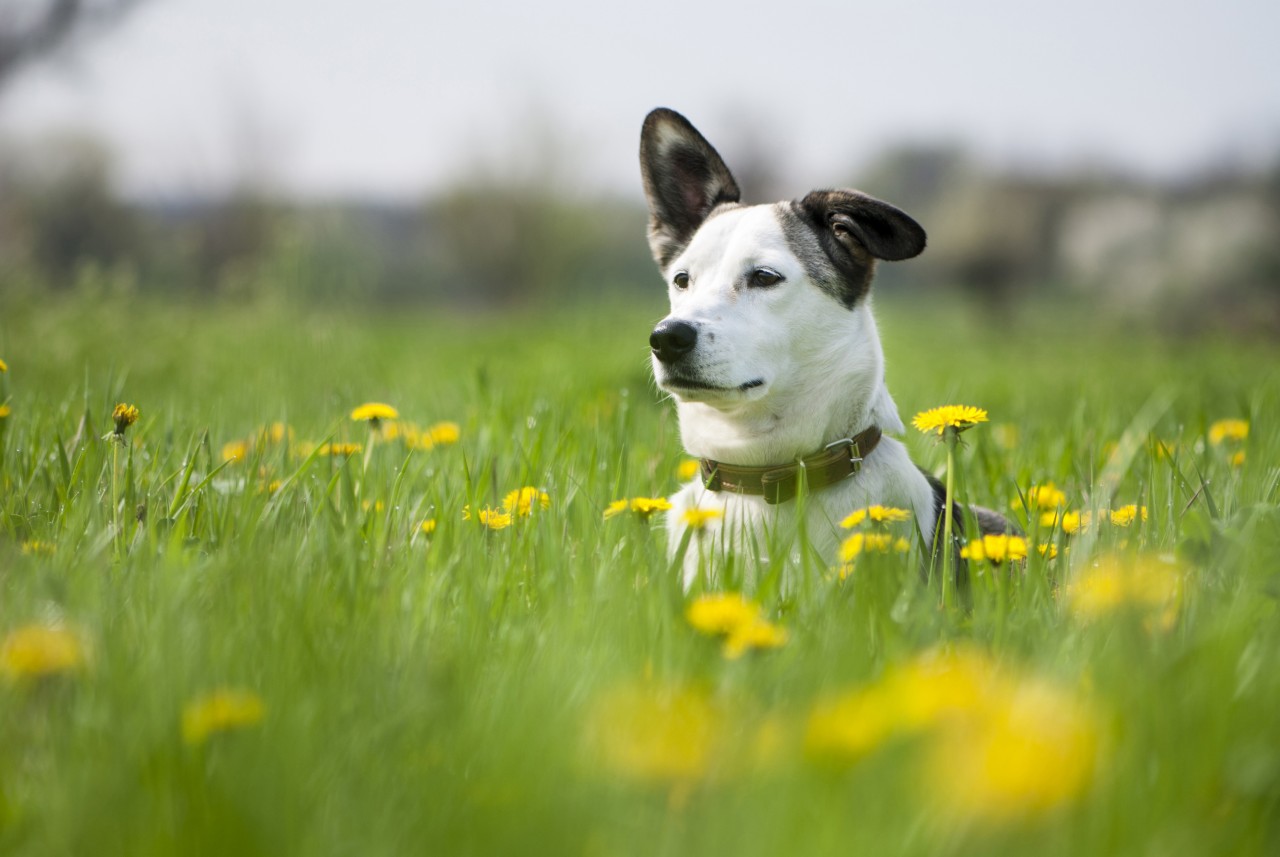
My dog has diabetes - what does this mean?
Receiving a diabetes mellitus diagnosis for your dog can be overwhelming. However, with proper care and management, many diabetic dogs lead happy, fulfilling lives. By understanding the basics of diabetes management and insulin administration, you can help ensure the well-being and stability of your dog.
Diabetes mellitus (‘sugar diabetes’) is a condition characterised by the body’s inability to properly regulate blood sugar levels. There are broadly 2 types.
Type I refers to a lack of insulin production in the body – this is a problem with the pancreas which produces, stores and releases insulin in response to an increase in blood sugar levels.
Type II refers to a problem with the insulin receptors. There is enough insulin, but the body just can’t make use of it.
Type II is the most common type in humans, sometimes known as ‘adult-onset diabetes’.
In dogs, though, Type I is the most common type, so almost all dogs with diabetes have an absolute lack of insulin production. This explains why, in dogs, we almost always must give extra insulin, by injection, to treat the problem.
Insulin must be given by injection because the juices in the stomach break it down, so oral treatment wouldn’t work.
Is diabetes in dogs an emergency?
Your diabetic dog will need special attention to their diet and, if instructed by your vet, insulin monitoring and injections. Diabetes is a chronic condition, though if it is well-managed your dog can have a full and healthy life.
But diabetes can become an urgent problem if your dog is having a hyper- or (especially) hypoglycaemic episode. Learn the signs of blood sugar imbalance so you can be prepared.
If you have questions about managing your dog’s diabetes and your daytime vet is not an option, you can also contact our partner, PawSquad, via their telehealth service for advice.
How can I help my diabetic dog?
Diabetes management is about balancing 3 things:
- Energy in – this is the amount and type of food you feed your dog.
- Energy used – this is the amount of exercise your dog does, or energy used up fighting illnesses. It’s also linked to their weight and body condition.
- Insulin – this is the combination of the insulin they produce themselves, plus any extra insulin by injection.
Your daytime veterinary surgeon is best placed to help you manage your dog’s condition, as it can take some time to find the right doses of insulin and settle on a feeding schedule that will yield positive results.
Your vet will decide what insulin dose is needed, starting with a low dose and gradually increasing. Most dogs need twice daily injections. Serial blood glucose testing, urine glucose testing and even continuous glucose monitoring are used to help identify the best dose, but every dog is different and there is always an element of trial and error in the initial stages.
Other hormones can play havoc with insulin activity and, in particular, female sex hormones affect how well it works. It is almost always a good idea to have your female dog spayed, if they are entire, because that will help you find a stable long-term insulin dose.
Your veterinary surgeon will be best placed to advise on diet and exercise, and most vets will recommend a prescription food because it’s the simplest way to predict the energy concentration of the diet.
The general principle with feeding is that diabetic diets should include ‘complex’ carbohydrates which release energy slowly and minimise spikes in blood glucose after eating.
The most important factor with exercise is that it should be regular and consistent so that the amount of energy used up is predictable.

